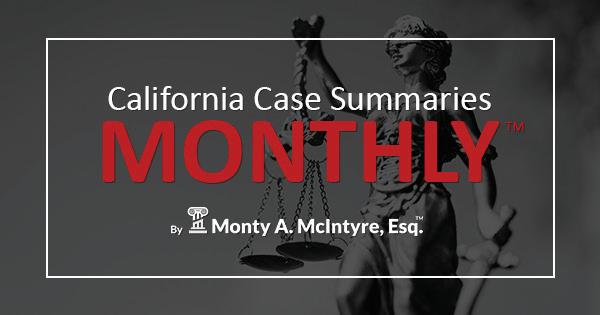
7 minute read
Breathing New Life into a Law Firm’s Aging Receivables
by Jake Krocheski
When it comes to managing their receivables, many firms tend to regard this as an aspect of financial management. It is, after all, about money; you can touch and feel the dollars.
However, receivables management is just as much a function of practice management. It is not just about numbers. Behind most receivables more than 90 days past due is a story about why the account has not been paid—cash flow problems, complicated transactions, and many more. Understand those stories, get to the bottom of them—and you will have a better understanding of how to get paid.
Firms find themselves facing a dilemma. On one hand, they truly want to embrace institutional thinking and run as a business, putting structures and procedures in place and holding people accountable. On the other, they are reluctant to hold the individual attorneys accountable and deprive them of their autonomy because of the different circumstances that may exist that impact payment from clients. The two attitudes create an uneasy balance. It is hard to have clear-cut procedures while poking holes in them with plenty of exceptions. The truth, though, is that your firm must. Everything is not black and white. You need to make it clear to your attorneys and staff—as well as your clients!—what your policies and your expectations are. Yet, there needs to be a fair amount of latitude for decisions based on individual client relationships.
It will be important to layer your firm-wide efforts, to take into account both formal collection procedures and practices and the informal, individual efforts that exist in practice to service clients. Mid-year is an appropriate time to focus on these issues, before getting into the mad rush of year’s end.
To ensure that your receivables are not enjoying a ripe old age, take these steps: 1. Step back and start dissecting the older,
harder-to-collect backlog of receivables. It may be necessary to dig deep to understand just how old they are. Many firms do not differentiate between receivables that are 90 days past due and those that are much older. Understand the dates on the aging report to discover how old the receivables really are.
Look to see if there is any recent billing activity on the account, when the last payment was received and for how much. It is surprising to us how firms continue to do work for clients without considering whether they are paying their bills.
2. When managing the backlog of receivables, look first at your oldest receivables and work your way
back to those that are newer. It may seem harder, but it will be productive to spend time first with the oldest receivables, moving forward to determine their collectability.
3. Ask all attorneys to review their clients with
outstanding balances. Tell them up front that you are looking for the truth from them. The point is for them to take decisive action: make the collection themselves, get help from the firm’s accounts receivable management team or clear the books. The attorneys are in the best position to assess whether a receivable should be kept on the active list or written off. However, they are often reluctant to follow through with the write-off process. Evaluate each account and determine the likelihood of payment if the firm invests more time and
CLIENT CONNECTION ASSISTS LAW FIRMS OF ALL SIZES
effort to collect. Don’t kid yourself about the reality of collecting an account. When a receivable exceeds 180 days past due, there is only a 50% chance that it will be collected, and the likelihood drops off dramatically after that point. There may be a logical reason why it has not been paid. Perhaps the client does not have the ability to pay. Maybe the attorney has worked out an arrangement with the client whereby he can pay after the matter has been completed. Make sure the responsible attorney communicates to the firm what arrangements have been made with each client.
4. Urge firm leadership to be decisive and step in to
take action. Management must work through receivable issues and not just accept attorney statements like: “I’m working on it” or “I’m in contact with my client about this.” For firms that are mid-size or larger, if you don’t yet have a committee, give serious thought to forming one. If yours is a smaller firm, this responsibility will rest squarely with firm leadership. Collections typically can’t be handled adequately by one person. Get your arms around the problem by creating—and empowering—a committee.
5. Evaluate the firm’s overall collection efforts. Ask yourselves: Did we do the job right, or did our processes and procedures allow receivables to age far longer than they should have? Review the firm’s policies and procedures concerning receivables that go beyond 90 days.
Determine if policies exist only on paper. Implementation is the key. Do you have the right people in place to move the ball forward, and are they empowered to do so? Many firms review their older receivables with the goal of determining why accounts have not been paid and if they have collection problems. When doing this, they frequently learn they have long had problems, but did not detect them earlier in the aging process.
6. Make the most of your dedicated collections staff, those whose job is to focus exclusively on receivables.
Evaluate the ability of your staff to help in accounts receivable management. Ensure they have the skills and talents that can help attorneys reduce the backlog of receivables. Also, measure the staff’s performance to ensure progress is being made and sufficient time is being devoted to working directly with accounts receivable, as opposed to other administrative duties. At the same time, recognize when attorney involvement is essential.
7. Make the decision to write off the account after all
efforts have been exhausted. Admittedly, that is far easier said than done. Nevertheless, if efforts have been made to collect that do not bear fruit, accept the fact that there is little chance of getting paid and write it off.
If the attorney continues to hold up the write-off process, firm leadership needs to step in and get the account written off.
8. Consider enlisting the services of experts in managing law firm receivables, like Client Connection,
to help you tackle difficult receivables. In many cases, the more time you take to deal with your receivables, the more they age, and the harder it becomes to collect.
Not only can consultants deal with problem situations, but they can help give collection efforts the focus they require, as well as recommendations for preventing these problems from happening again. Client Connection assists law firms of all sizes throughout the United States by furnishing accounts receivable management services, developing practical receivable programs, training law firm staff in effective accounts receivable management methods and executive placement of professional collections managers. n
Jake Krocheski has over 25 years of experience as a management consultant to the legal profession. His expertise is in helping law firms of various sizes and practice areas develop accounts receivable management programs and client intake procedures. Mr. Krocheski has published several articles on accounts receivable management for various law practice management journals, including The American Lawyer, Legal Management and Legal Times. He is based in Washington, D.C. and Dallas, but he travels extensively and welcomes the opportunity to meet with law firms interested in discussing their accounts receivable needs. www.clientci.com. Article Source: EzineArticles.com/?expert=Jake_Krocheski.

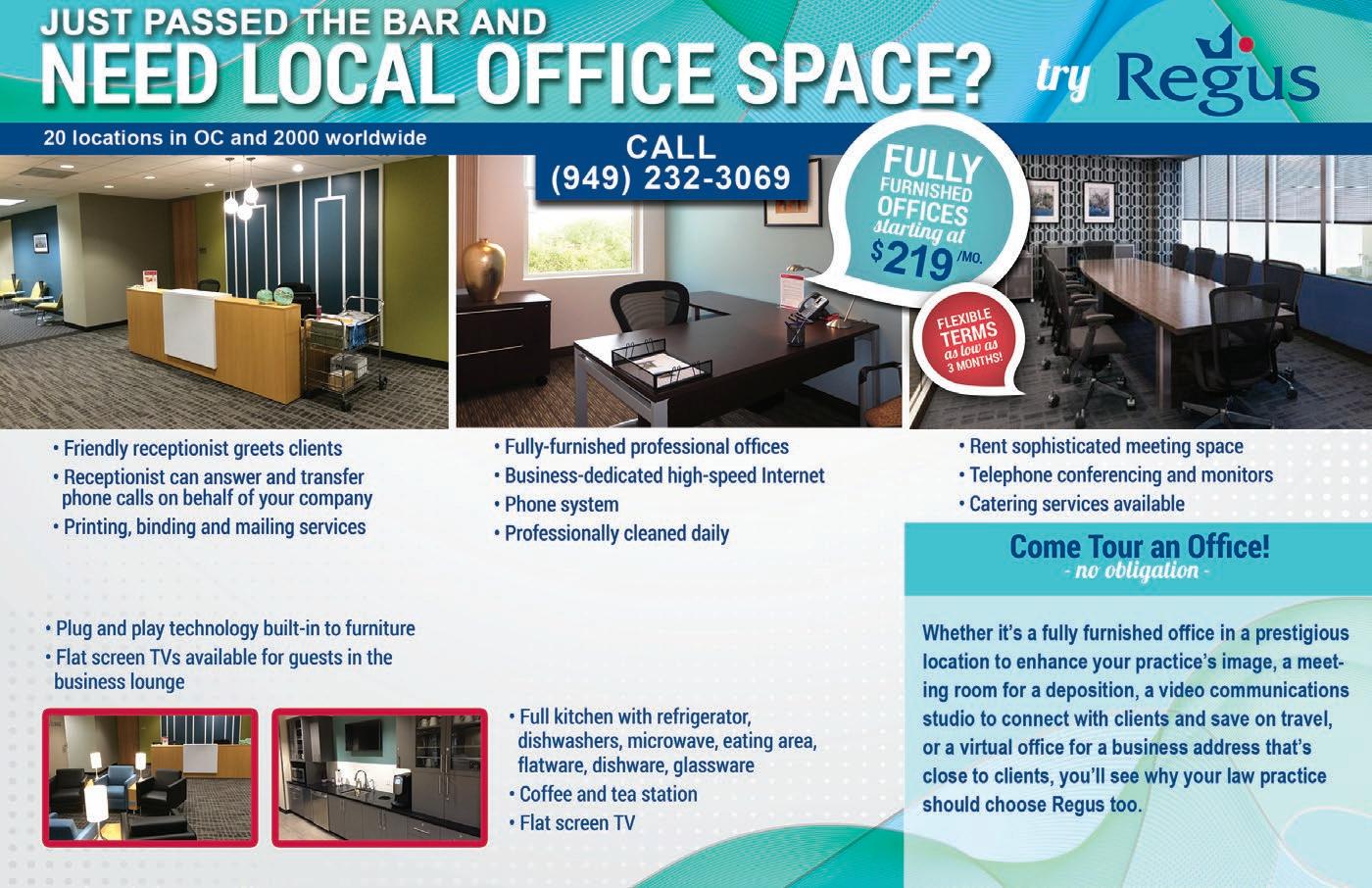
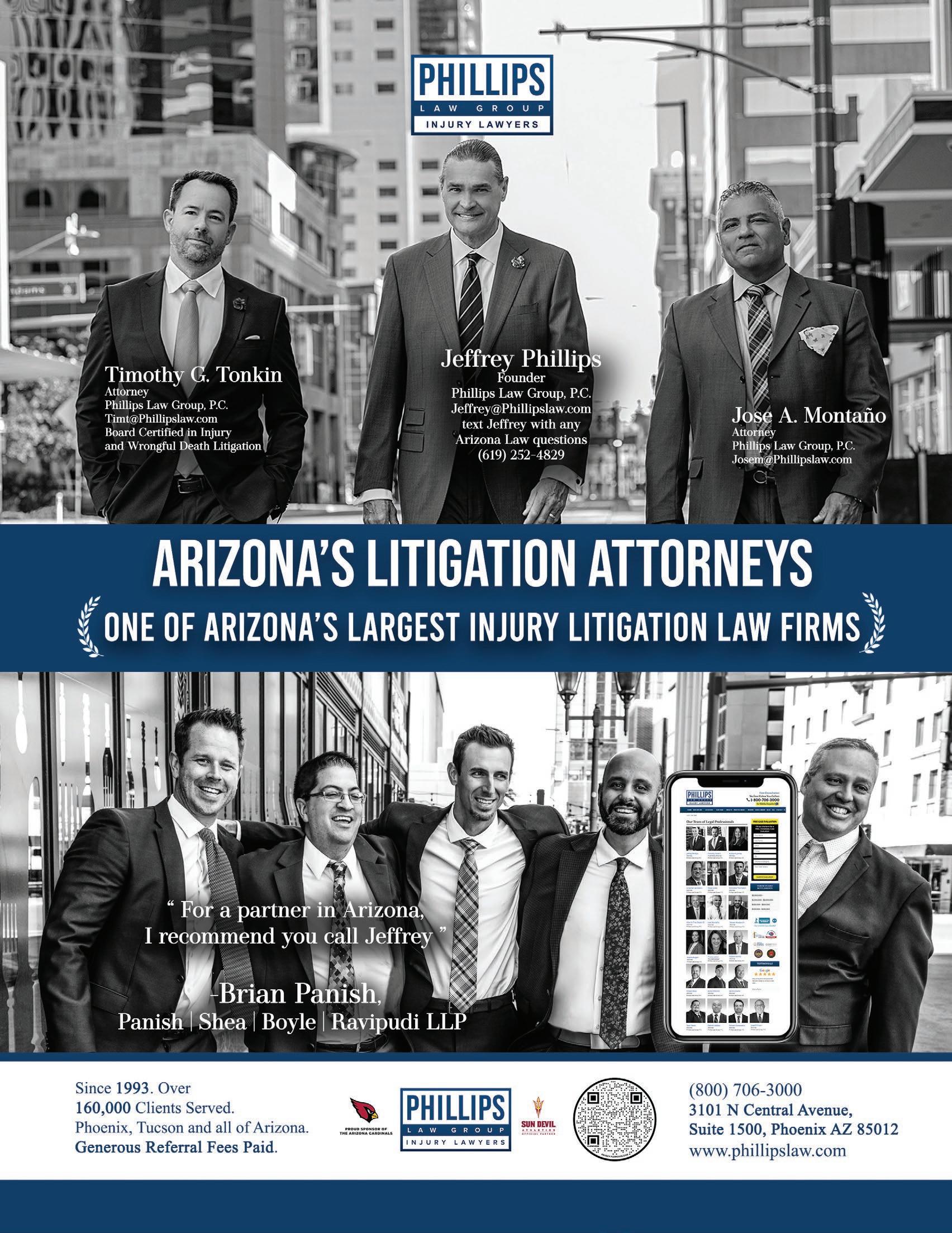
FIRM FOCUS ON EMPLOYEE BENEFITS LAW

Butterfield Schechter LLP is San Diego County’s largest firm focusing its law practice primarily on employee benefit legal services. Our experience in employee benefits law and business law provides creative solutions for the most pressing business concerns. We are also dedicated to employee ownership and know all things ESOP (Employee Stock Ownership Plans). Learn more at www.bsllp.com.
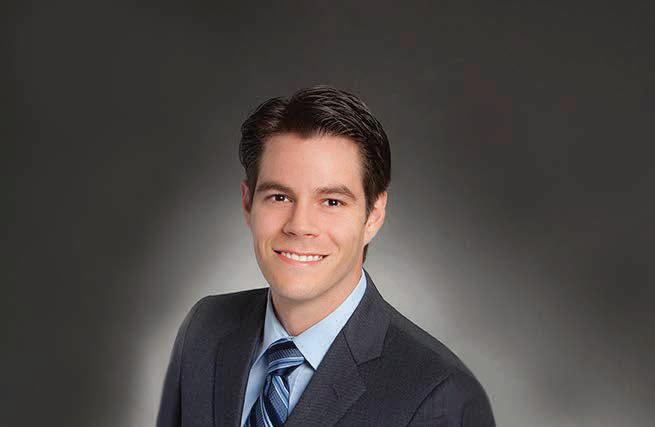
Marc S. Schechter
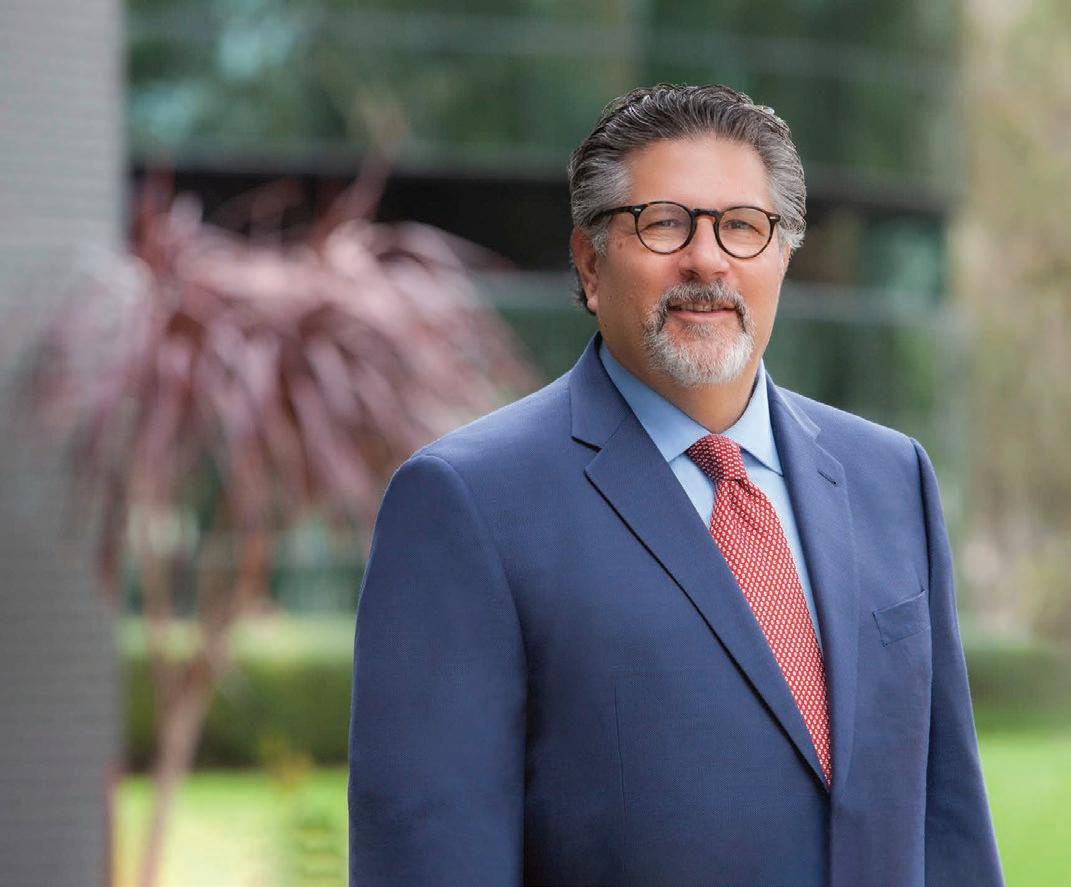
FOUNDING PARTNER mschechter@bsllp.com Corey F. Schechter
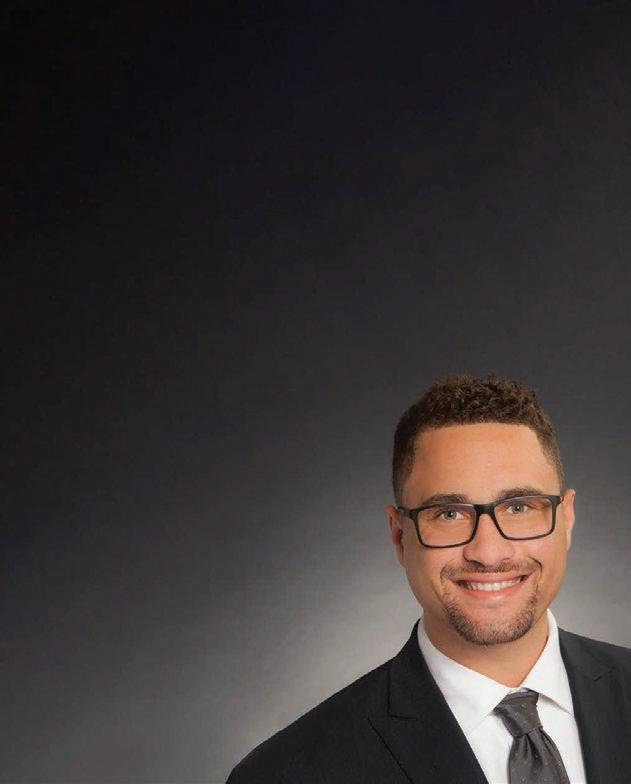

PARTNER
Paul D. Woodard
PARTNER
Helping You See ERISA and Employee Benefits Law Clearly
Practice areas include:
ESOPs - Pension, Profit Sharing, 401(k) Plans - ERISA Litigation - ERISA Compliance - IRS and DOL Audits - Nonqualified Deferred Compensation Plans - Stock Options Plans - Business Transaction & Succession Planning - Qualified Domestic Relations Orders (QDROs)
10021 Willow Creek Road, Suite 200, San Diego, California 92131 Telephone: (858) 444-2300 Facsimile: (858) 444-2345 www.bsllp.com

Monty A. McIntyre, Esq.
Mediator, Arbitrator & Referee ADR Services, Inc.
Organized, succinct summaries of EVERY new published California civil and family law case, published every month for $50.00 a month. Subscribe at www.cacasesummaries.com
To schedule, contact Haward Cho: (619) 231-1323 or haward@adrservices.com
